Introduction
Forgiveness Is Often Seen As A Moral Virtue, A Spiritual Practice, Or An Act Of Kindness Towards Others. But When It Comes To Addiction Recovery, Forgiveness Takes On An Even More Profound Role. I know this because I have been on both sides of Forgiveness in addiction recovery. Twenty years of addiction. Eight of it being my current recovery.
It becomes a powerful tool for our healing, personal growth, and most importantly our long-term recovery. Understanding the power of forgiveness in addiction recovery can and will transform lives, offering a pathway to true freedom and inner peace.
A point came in my active addiction where my grudges seemed to be the only thing left to continue holding onto, so I held on for dear life right up until I was able to step back and see the effects that my unwillingness to forgive was having on me and my life.
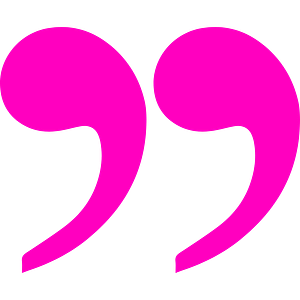
“When you hold resentment toward another, you are connected to that person or condition by an emotional link that is stronger than steel. Forgiveness is the only way to dissolve the link and get free.”
-Catherine Ponder
The Significance of Forgiveness in Addiction Recovery
Why Forgiveness Matters
Forgiveness is essential for those of us in addiction recovery because it allows us to release the heavy burdens of guilt, shame, and resentment we feel on both our victim’s side and our perpetrator’s side. These negative emotions often fuel our addictive behaviors, creating a vicious cycle that is hard to break. By forgiving ourselves and those who harmed us, we can start anew, free from the emotional chains that once held us back.
For example, I often felt overwhelmed by negative emotions in my active addiction, particularly shame and guilt. These feelings were like a heavy weight on my shoulders, constantly reminding me of my past mistakes and making me feel unworthy. It was a horrible feeling, and I knew exactly how to relieve myself. It was great until I sobered and went right back to square one. Thats how the cycle begins.
Fun Facts on Forgiveness in Addiction Recovery
1. Healing Power: Forgiveness has been shown to reduce stress, lower blood pressure, and improve mental health, which are all beneficial in the journey of addiction recovery.
2. Personal Growth: Forgiveness is a step towards personal growth and self-improvement, encouraging a more positive outlook on life and one's journey.
3. Better Relationships: Forgiving others can lead to stronger, healthier relationships. This support network is crucial for maintaining sobriety.
4. Increased Happiness: Studies have shown that people who practice forgiveness tend to have higher levels of happiness and life satisfaction, which can be motivating during recovery.
5.Reduced Anxiety: Letting go of grudges and forgiving can significantly decrease levels of anxiety and depression, common challenges faced during addiction recovery.
6. Spiritual Benefits: Many recovery programs incorporate spiritual elements, and forgiveness is often seen as a crucial spiritual practice that can aid in healing and personal transformation.
7. Mindfulness Connection: Forgiveness practices often overlap with mindfulness and meditation techniques, which are also beneficial for those in recovery by promoting mental clarity and emotional stability.
8. Boosts Resilience: Practicing forgiveness can increase emotional resilience, helping individuals cope better with setbacks and challenges in their recovery process.
Personal Anecdote: A Journey of Forgiveness and Recovery
Throughout my life, I have been hurt over and over. Sometimes by a family member, a lot by friends, or those I trusted. Sometimes emotionally, sometimes physically, sometimes badly, etc. For a long time, I hated those that hurt me. For instance, one day, when I was in Junior High, five of my closest friends got off at my bus stop with me. As they followed me down the hill, they started asking about the large amount of weed I had recently acquired. When I didn’t offer them the weed or the information about the weed, they proceeded to stomp my face in. Three of them were older girls. Juniors in high school that I really looked up to.
I tried so hard to give them a fight, but at the end of the day, I got my as* handed to me and ended up unconscious. When my little sister got off her bus an hour later, I was still unconscious. My poor sister had to call an ambulance, and this shook her on a level no eleven-year-old should have to endure. To kick a chick when she was down, they also called my mom and told her about the large amount of weed, and my mom confiscated it for her own personal use even though I was allowed to smoke.
For most of my life after, I had really negative feelings toward them, and I could not let go of resentment. I was still really angry about their past actions. Whenever I would see one of them in our small town over the years, I would feel all of those feels again. All of those negative thoughts and feelings of resentment were weighing so heavily on my heart that even throughout my active addiction, I was still hurt. When I saw them, I made sure that whoever was with me was made aware of the lowly thing these women had done to me in the five, ten, or fifteen years priort. A couple of times, I even confronted them and told them to come at me one-on-one. The confrontation would have me all worked up, and I would always get so angry, and I have never been one for anger.
All those years, I allowed something that had happened to me so long ago to affect how I felt TODAY. This was a monumental mistake. Over the years, I have come to find that I can really forgive anyone for anything if I try hard enough, and guess what? Forgiveness is so much easier. I don’t have to get upset when I run into people that hurt me. To be honest, most of those who have hurt me are in horrible places, and I look at them with pity after I forgive them. After forgiving everyone, I noticed a new bounce in my step. All of that anger was preventing me from beginning my very own healing process, and let me tell you, I AM FREE, and you can be too.
Understanding Forgiveness in Addiction Recovery
What Forgiveness Truly Means
Forgiveness is not about condoning harmful actions or forgetting the past. Instead, it is about releasing the hold that these actions have on our present and future. It means acknowledging the pain and choosing to let go of the desire for revenge or retribution.
Misconceptions About Forgiveness
Many people think that forgiving means excusing bad behavior or pretending that nothing happened. This is far from the truth. Forgiveness is a personal act that frees the individual from the negative impact of resentment. It is an act of strength, not weakness.
The Psychological Benefits of Forgiveness
Forgiveness has numerous psychological benefits. It reduces stress, lowers blood pressure, and improves heart health. It also promotes emotional stability, reduces anxiety, and enhances overall mental well-being. For those of us in recovery or suffering from mental health issues, these benefits are crucial for maintaining a healthy, balanced life.
Lesson 1:Embracing Vulnerability
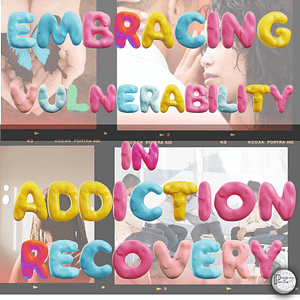
The Connection Between Addiction and Forgiveness
The Role of Self-Forgiveness in Recovery
Self-forgiveness is a critical component of addiction recovery. Many of us struggling with addiction or mental health issues are plagued by self-loathing and guilt. These feelings can hinder progress and lead to relapse. By forgiving oneself, a person can break free from these negative emotions and focus on healing and growth.
Forgiving Others: Releasing Resentment and Anger
Holding onto anger and resentment towards others can be toxic. In the context of addiction recovery, these emotions can trigger cravings and relapse. Learning to forgive those who have wronged us helps release this emotional burden, making space for positive energy and healing. Its a beautiful thing!
Steps to Embrace Forgiveness in Addiction Recovery
Everyone has their own opinions about the path to forgiveness on their own journeys. Below I have listed the conventional steps to forgiveness in recovery, but I will also share the steps that lead me to forgiveness. Though similar I found they are worlds apart.
1. Acknowledge the Need for Forgiveness
The first step towards forgiveness is acknowledging its necessity. It is crucial to recognize the impact of unforgiven grievances on one’s mental and emotional health.
2. Practice Self-Compassion
Self-compassion involves treating oneself with kindness and understanding. It’s about recognizing that everyone makes mistakes and that these do not define one’s entire being.
3. Seek Professional Guidance
Sometimes, the journey to forgiveness requires professional help. Therapists and counselors can provide the tools and support needed to navigate this complex emotional process.
4. Engage in Therapeutic Activities
Therapeutic activities like journaling, meditation, and art therapy can help individuals process their emotions and work toward forgiveness. These activities provide a safe space for self-expression and reflection, and everybody knows that I believe meditation and reflection are essential parts of wellness in todays world.
The Impact of Forgiveness on Personal Growth
Building Stronger Relationships
Forgiveness fosters healthier relationships. It allows us to move past grudges and build connections based on mutual respect and understanding. I’m not telling you it will be easy but I am telling you it is so worth it.
Enhancing Emotional Well-Being
Letting go of anger and resentment improves emotional well-being in about every way I can think of. It reduces stress and anxiety, leading to a more peaceful and contented life. Imagine that.
Fostering a Positive Outlook on Life
Forgiveness helps cultivate a positive outlook on life. It encourages us to focus on the present and future rather than being trapped in the past. I am big on mindset and the positive results we find when nourishing a positive mindset, Its almost like magic. It was for me anyway.
Overcoming Challenges in Forgiveness
Dealing with Reluctance and Resistance
Forgiveness is challenging. It’s natural to feel resistant, especially when the pain is deep. Understanding that forgiveness is a process and being patient with yourself is important.
Handling Relapses and Setbacks
We all know that relapses are a part of the recovery process. Forgiving oneself for these setbacks is crucial. Each relapse is an opportunity to learn and grow stronger. I had twenty years of learning before I got it right. I also only went to detox/rehab twice in my life. It was always jail, and even that wasn’t enough to teach me.
Making Amends Workbook
FreebieIf you are ready to forgive and be forgiven...
Check out my post, Rising From the Ashes: A Guide to Overcoming Life’s Setbacks, and get your making amends workbook to help you get and give the forgiveness you deserve.
Scroll down the page of this post to get your free Making Amends eBook. All I ask for is your email so I can give you a heads-up when my new freebies are released.
Conclusion
Forgiveness is one of the most powerful and transformative tools I have experienced in addiction recovery, and I have experienced ALOT. Forgiveness comes with what I almost would call freedom to it. I know how hard it is when you begin. It was hard enough for me to postpone it for twenty+ years, so believe me I know, but after I felt really foolish.
When I was finally forced to ask myself why I was holding on to all that old yuck I was forced to admit that I didnt know. I also did an exercise where I wrote down how my lack of forgiveness affected my life today and every reason was negative. All of those negative effects made me see what I was doing to myself.
Another thing that happened was that when I began making my rounds of amends and forgiveness- I started to receive forgiveness from people who I thought would never forgive me, and that was even more freeing. Are you seeing the change from a negative cycle to a positive cycle here?
Forgiveness allows us to release the burdens of our past, fostering personal growth, emotional well-being, and stronger relationships. While the journey to forgiveness can be challenging, it is a crucial step towards true healing and recovery. Embracing forgiveness opens the door to a brighter, more hopeful future that is filled with light, love, and even magic. I know because I made it my own journey, and you can too.
My Four Stages
I am gonig to share the four stages as myself and many of my clients and loved ones have experienced them because identifying these stages really paved the way for all of us as I hope it will for you.
1. Hate
Understanding Hate in Forgiveness
The first stage of forgiveness is often marked by intense emotions such as anger, resentment, and hatred. This stage is characterized by the recognition and acknowledgment of the pain and harm caused by others or oneself. It’s a crucial part of the process, as it brings to light the deep-seated feelings that need to be addressed.
Why Hate Matters
Hate is not just a destructive emotion; it also serves as a signal that something significant has impacted you. This stage involves confronting these feelings head-on, which can be both challenging and cathartic. In the context of addiction recovery, this might involve recognizing how past traumas, betrayals, or personal failures have contributed to the addiction.
Navigating the Hate Stage
To move past this stage, it’s essential to express these emotions in healthy ways. This might include talking to a therapist, writing in a journal, or engaging in creative outlets like art or music. The goal is to understand and articulate these feelings, not to suppress them.
2. Hurt
Acknowledging the Hurt
The hurt stage is where the emotional pain is fully recognized and felt. This stage is about validating your feelings and understanding the depth of the impact that certain events or actions have had on your life. It’s a vulnerable phase but necessary for healing.
The Role of Hurt in Forgiveness
Hurt signifies that you have been affected deeply by someone else’s actions or your own mistakes. In addiction recovery, this stage often involves reflecting on how the addiction has harmed relationships, personal goals, and self-esteem. Not fun, but definitely necessary.
Coping with Hurt
Coping with hurt involves self-compassion and empathy. Allow yourself to feel the pain without judgment. Support from loved ones, therapy, and support groups can provide a safe space to express and process these emotions. It’s crucial to remember that feeling hurt is a natural part of the healing process, and you will heal.
3. Heal
The Healing Process
Healing is the stage where the transformation begins. It involves letting go of the intense negative emotions and starting to rebuild a sense of peace and balance. This stage is about mending the emotional wounds and beginning to see life beyond the pain.
How Healing Transpires
Healing doesn’t happen overnight. It’s a gradual process that requires patience and persistence. In addiction recovery, this might involve developing new coping mechanisms, engaging in healthy activities, and building a support network that fosters positive growth.
Tools for Healing
Several tools can aid in the healing process. Meditation, mindfulness, exercise, and hobbies can all play a role in helping you reconnect with yourself. Therapy can continue to be a valuable resource, offering strategies to rebuild self-esteem and establish new, healthier patterns.
4. Help
The Final Stage: Helping Others
The final stage of forgiveness is characterized by the desire to help others. This stage signifies that you have moved beyond your own pain and are ready to use your experiences to support and uplift others. It’s a stage of empowerment and altruism.
Why Helping Matters
Helping others is a powerful way to reinforce your own recovery and forgiveness journey. It provides a sense of purpose and fulfillment. Sharing your story and offering support can be incredibly therapeutic and can help others who are going through similar struggles.
Ways to Help
There are many ways to help others, such as volunteering, mentoring, or participating in support groups. In addiction recovery, this might involve becoming a sponsor in a 12-step program or simply being a compassionate friend who listens and offers encouragement.
Frequently Asked Questions (FAQs)
What is the first step towards forgiveness in addiction recovery?
The first step you will find if you google forgiveness is acknowledging the need for forgiveness and understanding its importance in the recovery process. My experience explains HATE as the first step, as outlined above.
How does self-forgiveness influence the recovery process?
Self-forgiveness helps us move past guilt and shame, which are often barriers to recovery for us. It allows for self-compassion and personal growth. Allowing the guilt and shame to leave us is extremely freeing, as I mentioned above.
Can forgiveness help prevent relapse?
Yes, by reducing negative emotions like anger and resentment, forgiveness can decrease the likelihood of relapse.
Is it possible to forgive without forgetting?
Absolutely. Forgiveness is about letting go of negative emotions, not erasing memories. It’s possible to forgive while still learning from past experiences.
How can I encourage a loved one to embrace forgiveness in their recovery journey?
Encourage open communication, provide support, and suggest professional guidance. Sharing stories of others who have benefited from forgiveness can also be inspiring.
Post Off Quote
"Forgiveness is a strange thing. It can sometimes be easier to forgive our enemies than our friends. It can be hardest of all to forgive people we love." -Fred Rogers
Post Off Affirmation
I will no longer hold on to the pain of my past. I will focus on today and my bright future. I fogive those that have hurt me and more importantly I fogive myself.
FREEBIE FREEBIE FREEBIE FREEBIE
Ways to Work On Forgiveness
Related Articles
The Prove Them All Wrong Framework: Bridging Spirituality and Addiction for a New Life
BEFORE WE GET STARTED...Check Out Our Alternative Wellness Digital ProductsOur alternative wellness digital...
How Ancient Texts Validate the Starseed Experience on Earth
[dsm_perspective_image...
Why Lightworkers Struggle with Addiction: 7 Hidden Reasons (And How Shadow Work Can Help)
[dsm_text_divider header="%22I thought being a Lightworker meant I was supposed to have my shit together.%22"...
Follow Us
Subscribe
Subscribe to stay connected and get exclusive access to all my upcoming freebies and all the good stuff. I can’t wait to connect with you.
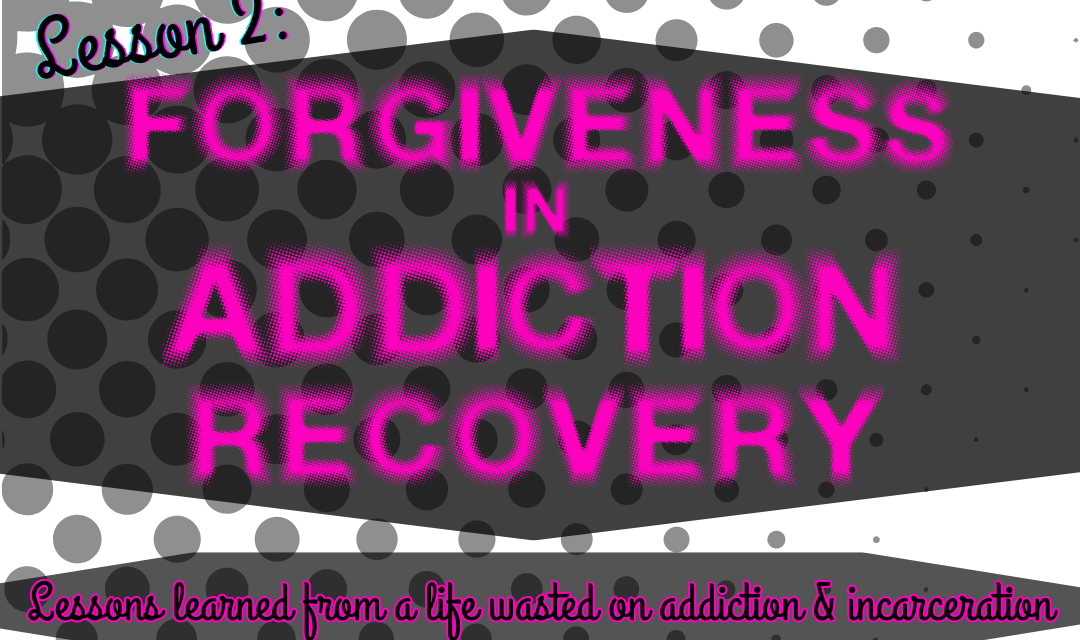
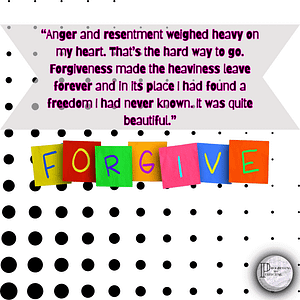
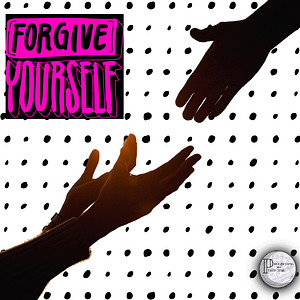
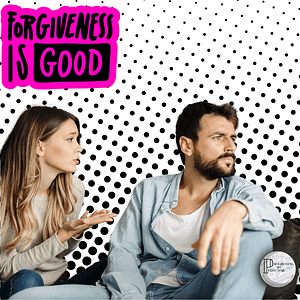
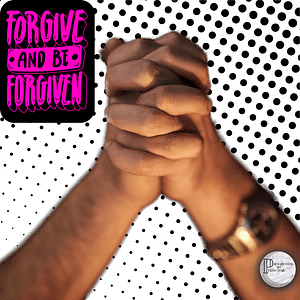


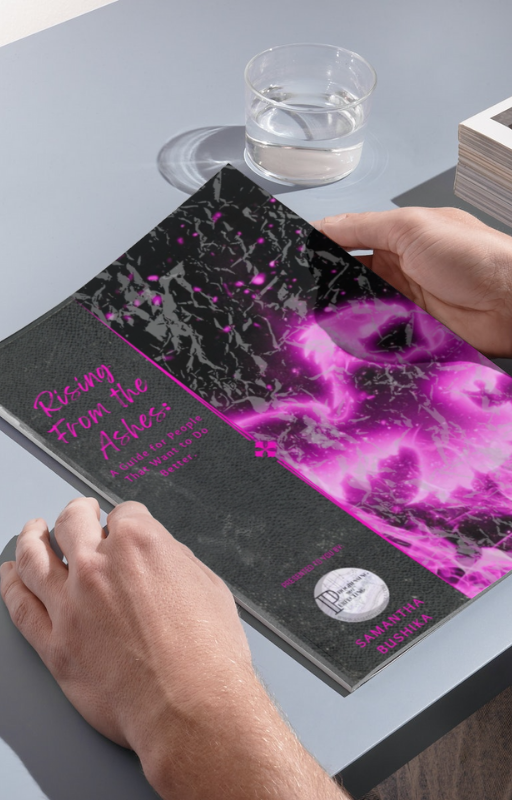
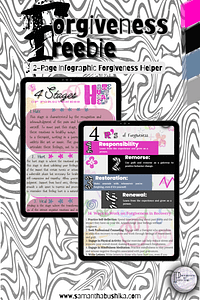

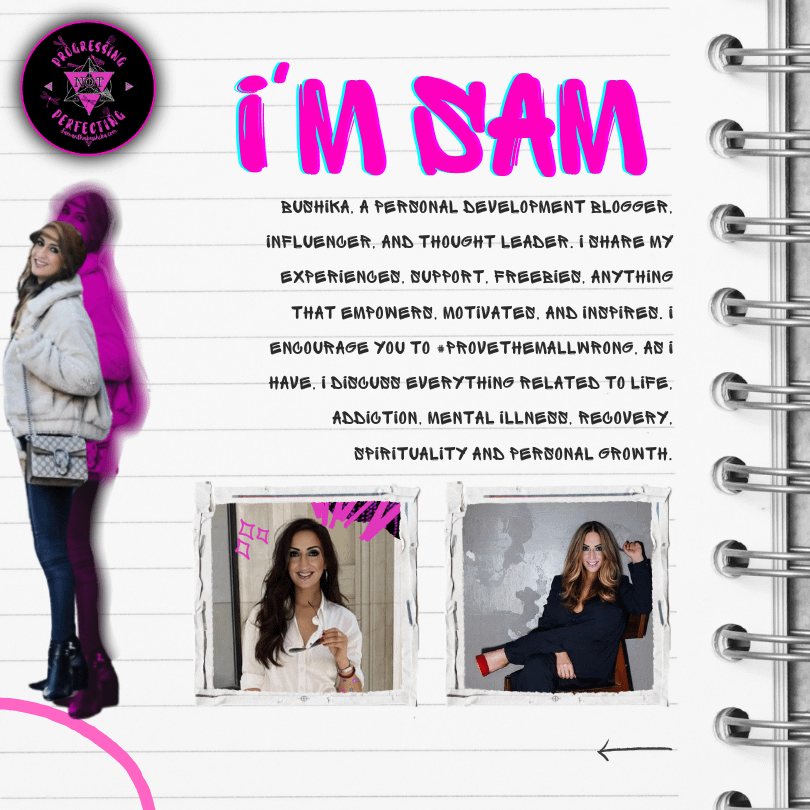
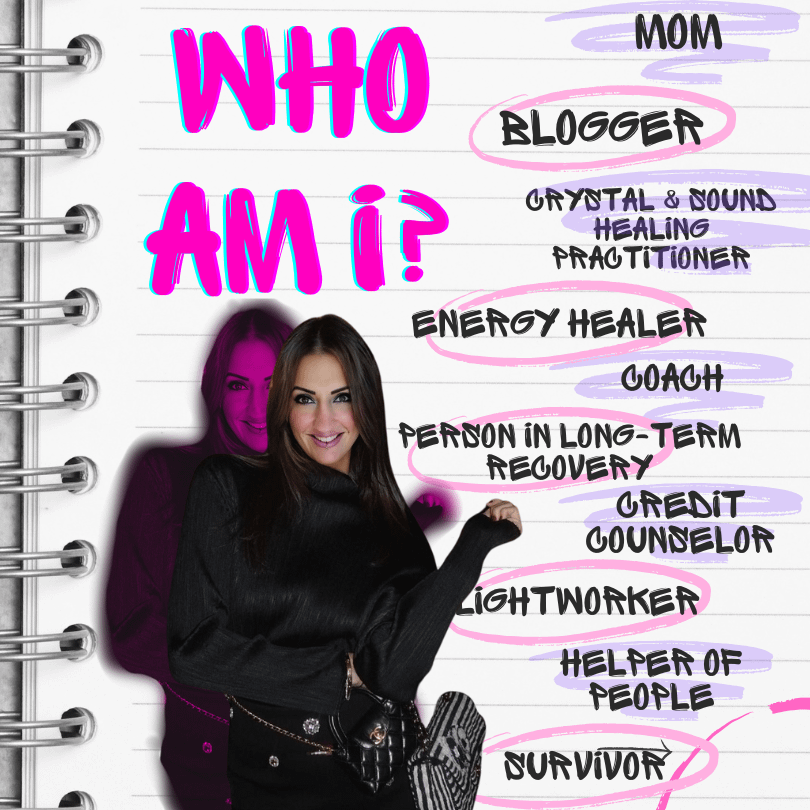
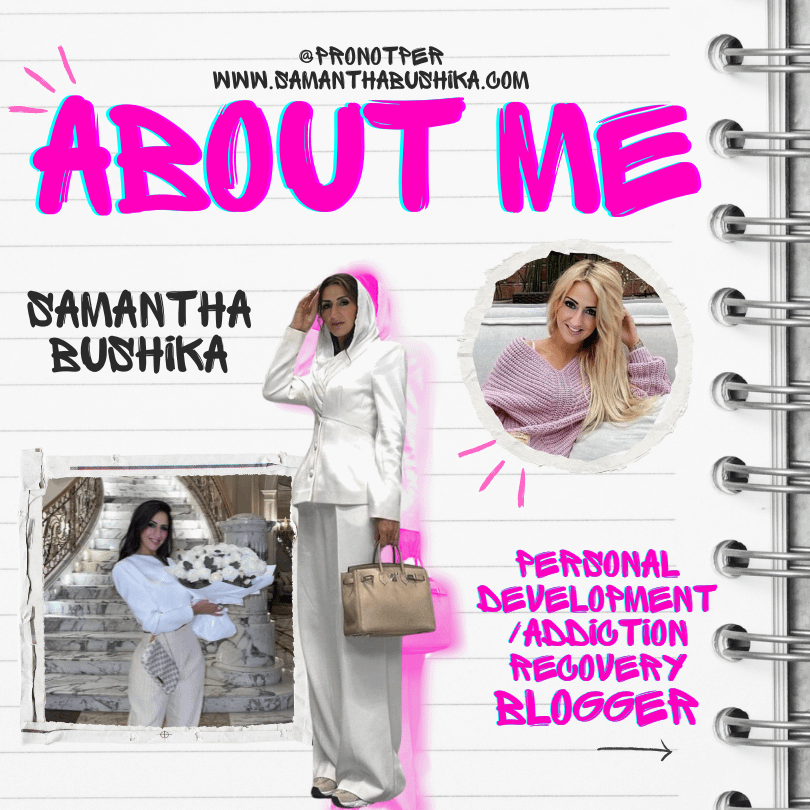






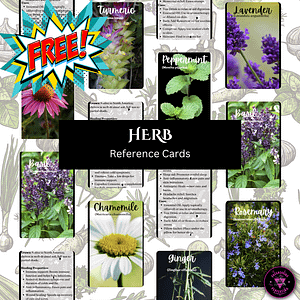

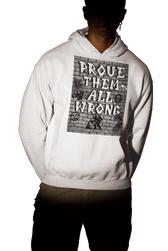





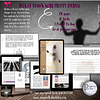

Its like you read my mind You appear to know so much about this like you wrote the book in it or something I think that you can do with a few pics to drive the message home a little bit but instead of that this is excellent blog A fantastic read Ill certainly be back
Thank you for sharing this insightful article! I found the information really useful and thought-provoking. Your writing style is engaging, and it made the topic much easier to understand. Looking forward to reading more of your posts!